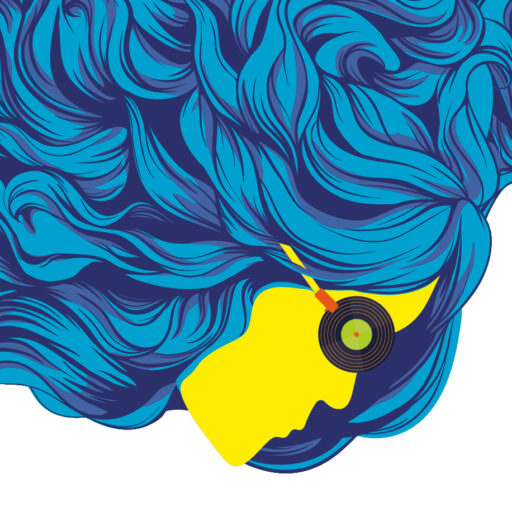Knowing when to walk away
I met a friend at a cafe last week; let’s call her Jan. I hadn’t seen her for about a year and was looking forward to catching up. We settled into our comfortable wingback chairs with our steaming mugs of tea and started sharing what we’ve been up to.
Jan filled me in on her day-to-day life and her writing, which was wonderful to hear. As I started telling her about my books and my life in New Mexico, she leapt up and went into another room to speak with someone at the front counter.
I let it slide. We often remember things with a sudden burst of energy, so I figured she needed to sort something out with the owner of the shop.
She sat back down, and we continued our conversation. For the second time, while I was literally in the middle of a sentence, she pulled out her phone and started looking at her emails. I stopped talking and watched her going through her messages. She completely ignored me as she mumbled to herself and scrolled through her cell.
I was aghast. I realize some people are not good listeners, but I was completely taken aback by the way she abruptly tuned me out and ignored what I was saying.
I debated on whether or not to say anything, but opted to stay silent and watch with fascination as she ignored me. Afterward, when I got back to my place, I thought about what happened and came to a few conclusions.
Rudeness is rudeness.
We all get distracted, and we all have our moments when we’re not completely present, but picking up your phone and looking at it while your friend is in the middle of a sentence is bad manners. There’s no other way about it.
Her actions were like a slap in the face. Jan made it clear that she didn’t want to hear what I was saying; she only wanted me to listen to her.
Jan is free to be who she is, and she can do whatever she wants. I can’t control other people’s actions. But do I want to continue a friendship with someone who’s so one-sided?

There are varying degrees of friendship.
I might be offended by Jan’s actions, but I’m not mad at her. She showed me that we’re acquaintances at best, not the friends I thought we were.
It was a good lesson. I have a tendency to jump into friendships too fast, and though I didn’t think we were besties, I thought we were friends on some level. Jan showed me that we know each other, and that’s about it. We aren’t friends as I define friendship.
That’s totally fine. But I won’t be reaching out when I’m in her area again.
It’s not personal.
Not too long ago, I would have taken her actions personally and felt I’d done something to upset her. I would have assumed I’d done something wrong. I was bad, and it was all on me.
I would have stopped speaking and spent the entire two hours listening to her talk about herself. And I would have wracked my brain for weeks trying to figure out what I did to cause her to treat me the way she did.
That’s old me. Last week, I continued sharing, even though I knew Jan wasn’t actively listening. I left when I could.
I realized her inability to have a two-way conversation had nothing to do with me.
Jan is free to do what she wants. My job isn’t to control, change, or even point out what she did. My choice is to continue whatever kind of friendship we have or to walk away.
Discernment
The Cambridge Dictionary defines discernment as “the ability to judge people and things well.”
I realized Jan wasn’t listening, didn’t take it personally, and made a conscious decision not to people please or cater to her whims. I also made the decision not to continue a one-sided friendship.
If she calls, will I speak with her? Of course. But if she won’t listen and only talks about herself, I’ll excuse myself as quickly and politely as possible.
Each of us is free to define what a friendship or relationship means, but I don’t believe we have the right to impose our beliefs on someone else. Jan has every right to talk about herself all she wants and to not listen to others, just with someone else.
I choose to open myself to healthy friendships and relationships.

Diane Hatz is a writer, organizer, and inner activist. Her award-winning book “Rock Gods & Messy Monsters” is available at all online retailers. Sign up for her email newsletter for insights into our ever-evolving life journey by exploring purpose, meaning, and the search for our authentic self.

